I have the same problem as in this question but don't want to add only one but several constraints to the optimization problem.
So e.g. I want to maximize x1 + 5 * x2 with the constraints that the sum of x1 and x2 is smaller than 5 and x2 is smaller than 3 (needless to say that the actual problem is far more complicated and cannot just thrown into scipy.optimize.minimize as this one; it just serves to illustrate the problem...).
I can to an ugly hack like this:
from scipy.optimize import differential_evolution
import numpy as np
def simple_test(x, more_constraints):
# check wether all constraints evaluate to True
if all(map(eval, more_constraints)):
return -1 * (x[0] + 5 * x[1])
# if not all constraints evaluate to True, return a positive number
return 10
bounds = [(0., 5.), (0., 5.)]
additional_constraints = ['x[0] + x[1] <= 5.', 'x[1] <= 3']
result = differential_evolution(simple_test, bounds, args=(additional_constraints, ), tol=1e-6)
print(result.x, result.fun, sum(result.x))
This will print
[ 1.99999986 3. ] -16.9999998396 4.99999985882
as one would expect.
Is there a better/ more straightforward way to add several constraints than using the rather 'dangerous' eval?
